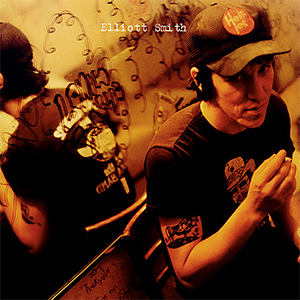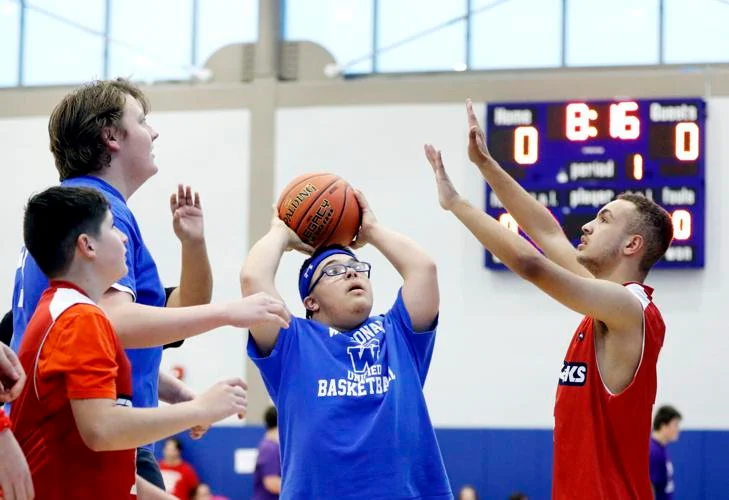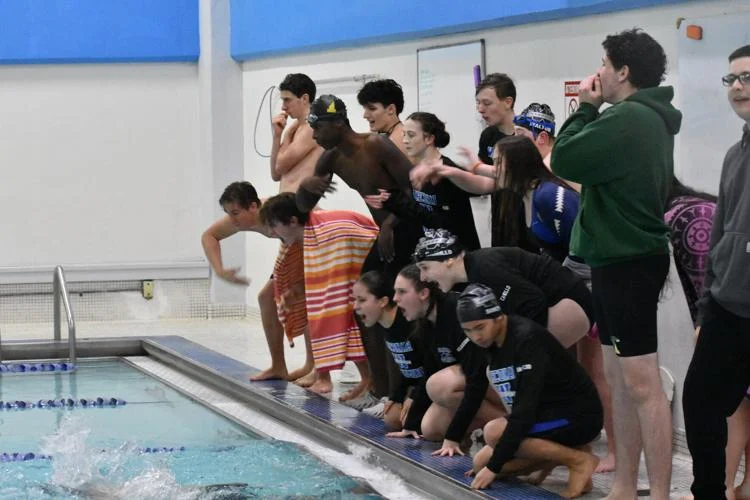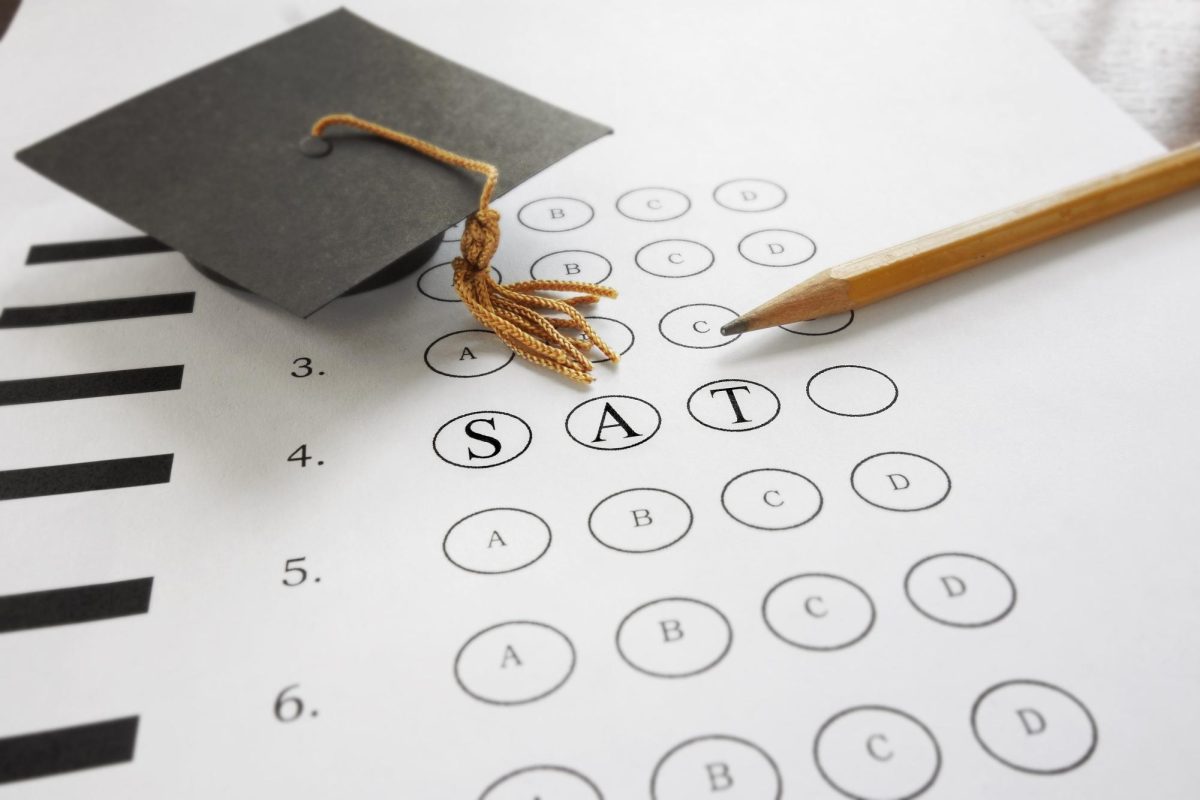
August 3rd, 2023 is when HeartStopper season two came out to the public, a long-awaited continuation of the beloved Netflix series based on the comic book of the same name. This new look at the world of Alice Oseman brings a lot more to the table including parent-child relationships, the challenges of coming out to the public, and what a supportive partner looks like.
While season one dealt with the challenges that can come with the forming of a new LGBTQIA+, season two focuses more on the challenges of a family’s relationship affected by the family members’ reaction to one of the children being LGBTQIA+. One of the most obvious examples of this is Nick’s brother, David’s, reaction to finding out that Nick is LGBTQIA+. Instead of just not being supportive, he goes in the other direction and ends up being homophobic. Another example in Nick’s life is his father, who is so distant that he doesn’t even know his son’s age.
Another parent-child relationship is between Charlie and his mom. We see Charlie and his mom have a tense relationship throughout season two when Nick and Charlie announce to their parents that they are officially in a relationship. Charlie’s mom comes off as an overprotective, strict mom who doesn’t want Charlie to date. She ends up banning Charlie from hanging out with Nick because of his grades at school. We later find out the reason she is so strict is because of Charlie’s eating disorder and history of self-harm, and she doesn’t want him to hurt again.
And while Darcy may come off as the super confident lesbian friend in school, in this season we find out the reason for her confidence. She reveals to Tara that while in school she is super loud, confident, and positive, her home life is anything but positive. She later gets kicked out of her house by her mom when her mom thinks that she is dressing “like a lesbian” for prom.
Healthy parent-child relationships are incredibly important. Even Ben notices this when he tells Charlie that he’s so messed up because his parents aren’t accepting. However, this does not excuse what Ben has done. His apology ends up not seeming genuine when he tries to say that the reason he did everything he did was because his parents are unaccepting, instead of owning up to what he has done. In this talk, he tells Charlie that he will be leaving next school year, a.k.a won’t be there for season three. While it’s good that Ben will be out of the picture, we have mixed feelings about this because we love the actor Sebastian Croft.
This season came with a lot of the same trigger warnings but presented new ones as well. Some trigger warnings this season include eating disorders, homophobia, getting kicked out from a parent’s house because of sexuality, panic attacks, testing anxiety, and more.
The show follows Charlie throughout his journey trying to deal with self-harm, anxiety, an eating disorder, depression, and anxiety, etc. Meanwhile, Charlie is trying to hide these things from Nick and his friends. However, this fails when Charlie passes out at a museum in France and has to get a teacher’s help. He then starts to open up to Nick about his past with severe bullying and that being the start of his self-harm and his eating disorder. Nick, being who he is, is extremely supportive and wants to do his best to help Charlie and that includes telling his mother who tries to get Charlie help.
We see more of Nick’s family life and mental health in season two. We see him struggling with different forms of anxiety, coming out as test anxiety. One of the side characters, Henry, throws a bonfire in celebration of the end of the test and Nick and Charlie end up going. We see that Nick wants to come out to his close friends from rugby. The show does a good job of showing anxiety with the camera work. His anxiety also shows when Nick is taking his mandatory standardized test. We see the illustrations of pencil drawings of scribbles around the screen and the camera spinning around Nick.
However, even with everything that Nick is going through, he still is working hard to be a supportive partner. While both are trying to be supportive of the other, they both are dealing with their own problems.
Near the end of the season, we see the main group go to their prom and there’s a good callback to the first season from when they were in homeroom. We see the two boys comfortable with their relationship and they hold hands above the table before leaving prom and hanging out with her friends at Nick’s house.
The show talks about the emotional hardships and challenges that coming out to classmates and family members has on someone. Nick has been trying to come out to people for the entirety of season two, but even when he does, they don’t realize that bisexuality exists. He has to constantly correct them by saying “I’m bi actually” whenever he comes out, showing the distinction between the different sexualities. Another hardship that often comes with coming out is realizing your sexuality later in life. Mr. Farouk is a great example of this as an adult who finds their sexuality later in life and is trying to come to terms with it while also struggling with everyday life. Towards the end of the series, Imogen starts questioning her sexuality, which she was dead set on at the beginning of the series. This shows the audience how sexuality isn’t always black and white. Yet again Alice Oseman’s universe contains even more diversity when Isaac starts questioning if he is into romance or if he is actually aromantic.
Overall, this season used a lot more animations to demonstrate emotional states and negative energy. This approach brought the show to life in a different way. This season also talked about broader topics than season one. We get to see more scenes with different characters who were not mentioned as much in season one such as Isaac. Overall, we loved the series and for now, we’ll be waiting patiently for season three!














